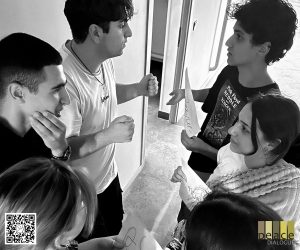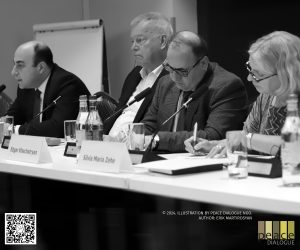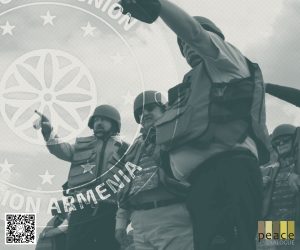Support for Civil Peace Initiatives
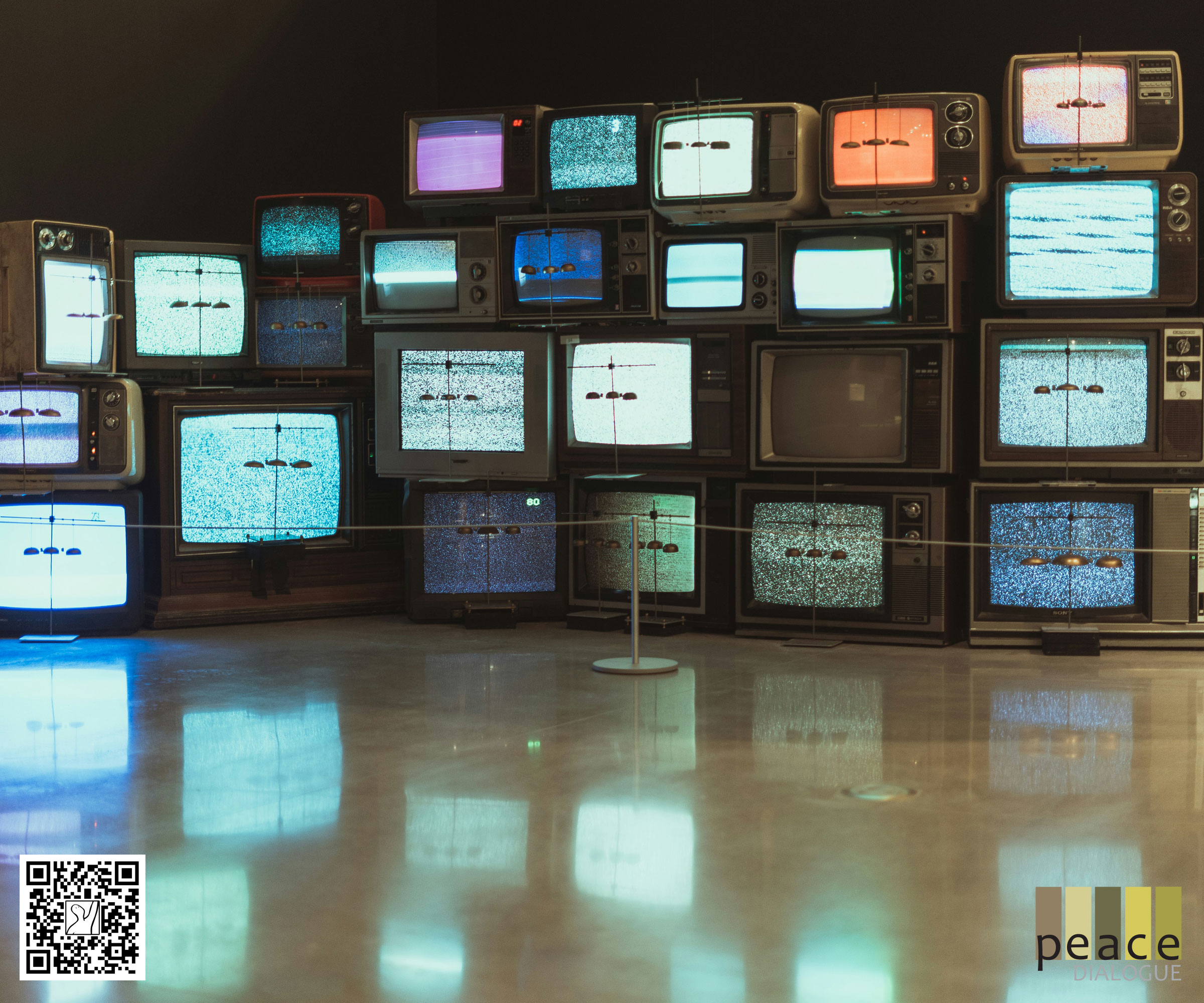
Multi-Stakeholder Foresight Dialogue: Exploring Future Scenarios in Armenian-Azerbaijani Relations
On May 31–June 1, 2025, Peace Dialogue NGO organized a Multi-Stakeholder Foresight Dialogue in Dilijan, Armenia under the title “Exploring Future Scenarios, Trends, and Signals in Armenian-Azerbaijani Relations.” The event brought together a diverse group of participants—including parliamentarians, representatives of governmental institutions, and civil society actors—to explore how the evolving dynamics between Armenia and Azerbaijan might unfold in the coming years.
Armenia in Focus: Navigating the Eastern Partnership, Regional Security, and European Integration
 “…Despite 58% of the Armenian population favoring EU membership, EU-Armenia relations remain vulnerable to Russian influence…”
“…Despite 58% of the Armenian population favoring EU membership, EU-Armenia relations remain vulnerable to Russian influence…”
Armenian-Azerbaijani Conflict Impacts on Prospects of Armenian Civil Society’s Activities

On October 1-2, within the framework of the Open Narratives project, Peace Dialogue NGO held a meeting during which the participants discussed questions related to possible developments of the Armenian-Azerbaijani conflict and the role of civil society in them, as well as realistic mechanisms and opportunities for activities addressing to the current situation.
History and I – Workshop for Young People
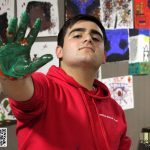
Fourteen 15-18 year old young people from the border regions of Syunik, Tavush, and Gegharkunik, as well as Lori and capital Yerevan took part in the workshop. With this meeting, Peace Dialogue strived to give the participants an opportunity to discuss and ponder over their perceptions on the history of the region with their peers, as well as reflect on their personal and collective memories on past and present events and identify possible ways of sharing those memories and narratives with others.
Working Meeting with the Involvement of Contact 2.0 Project’s Young Participants
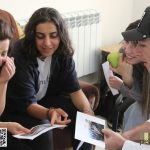
During the 2-day workshop, the trainers arrived from Germany, Marina Grasse and Andrea Zemskov-Zuege, introduced to the participants a number of tools and methodologies in the direction of identifying community issues and needs as well empowering young people in their communities. On the last day of the meeting, with the support of the trainers and project team, the participants developed small initiatives that they will implement in the course of the upcoming 2-3 months.
Open Narratives: Fostering Critical Conversation on Social and Political Impacts of the Nagorno-Karabakh Conflict
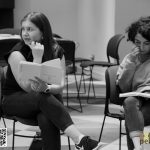
On 3-5 September, 2021 Peace Dialogue NGO conducted Open Narratives: Fostering Critical Conversation on Social and Political Impacts of the Nagorno-Karabakh Conflict three-day course. The event was aimed at developing and improving methodology for promoting public dialogue on the root causes of the Nagorno-Karabakh conflict and the impacts and ways of overcoming the crisis in the region as a result of the 44-day war.
What to Expect from the Political Forces that Have Entered the National Assembly of Armenia as a Result of the Snap Parliamentary Elections in 2021

Peace Dialogue NGO studied the election programs of the afore-mentioned political units, the statements made by the representatives of these forces during the campaign, interviews, the ideas and thoughts voiced during the political debates, in order to find out what the visions of these forces are for overcoming the crisis and possible ways to resolve the problems.
PROSPECT Public Discussion

On the initiative of Peace Dialogue NGO, a public discussion entitled Prospect took place on 10-11 April, 2021. The purpose of the meeting was to promote public discourse on possible ways of overcoming the challenges of security, human rights protection and democracy in the newly-created situation as a result of the 44-day war. From a long-term perspective, the event was aimed at shaping a realistic vision of the future with the involvement of various public groups based on critical and self-critical analysis of lessons from the past and the present.
Open Narratives: Series of workshops for young people displaced from Nagorno-Karabakh

Since February Peace Dialogue NGO has been conducting a series of workshops involving young participants from Nagorno-Karabakh who found a temporary or permanent residence in Lori region of Armenia. One of the main directions of the meetings is workshopping documentary photography, with the aim of developing young participants’ photography skills which will help them to create photo stories about their daily routine, hobbies, and challenges, thus bringing into effect their creative ideas.


